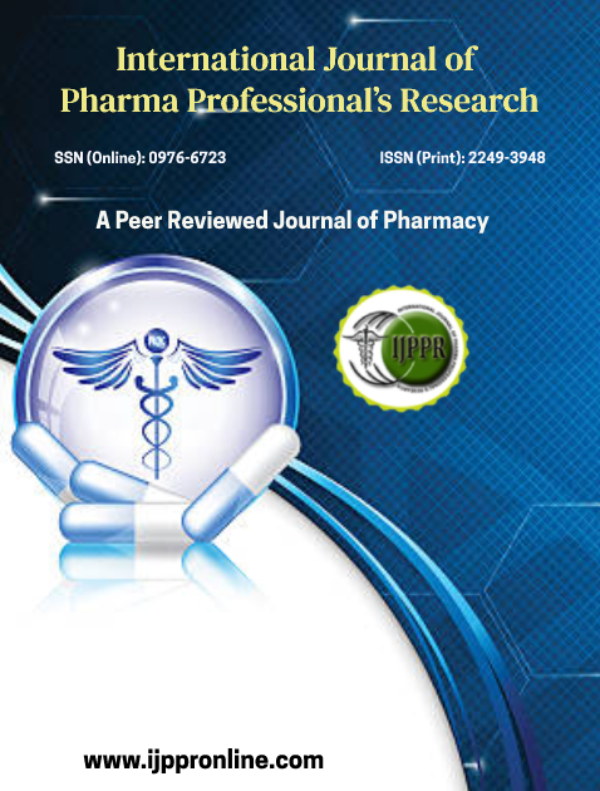In-vitro Antidiabetic Activity of Acacia Arabica Leaves
Keywords:
Diabetes mellitus, antidiabetic, antioxidant, Acacia Arabica, acarbose
Abstract
The aim of the present study was to investigate the phytochemical bioactive compounds of the ethanolic extract of Acacia Arabica leaves and its in-vitro anti-diabetic activity. The intestinal digestive enzymes alpha-glucosidase and alpha-amylase play a very important role in the digestion of carbohydrates. One antidiabetic therapeutic approach reduces the post-prandial glucose level in blood by the inhibition of alpha-glucosidase and alpha-amylase enzymes. These are important strategies in the management of blood glucose. The results of this assay suggest that the presence of bioactive compounds could be responsible for the versatile medicinal properties of this plant including diabetes, the extract exhibits a dose-dependent increase in inhibitory effect on glucose diffusion (up to 72.03%), and alpha-amylase enzyme (up to 64.84%). The current in-vitro study proves that the ethanolic extract of Acacia Arabica leaves has anti-diabetic
How to Cite
Vineet Kumar, Tabassum Saifi, Shipra, Anil Kumar, & Bhanoo Pratap Singh. (1). In-vitro Antidiabetic Activity of Acacia Arabica Leaves. International Journal of Pharma Professional’s Research (IJPPR), 14(4), 165-169. Retrieved from https://www.ijppronline.com/index.php/IJPPR/article/view/356
Section
Articles











